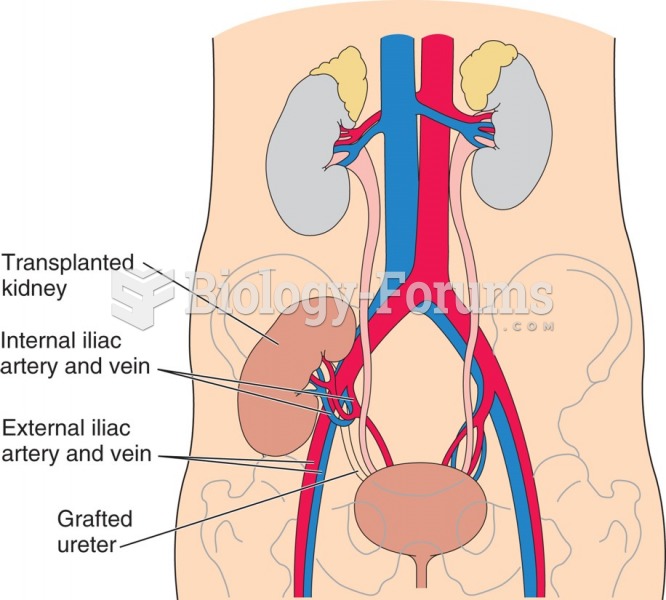|
|
|
The term pharmacology is derived from the Greek words pharmakon("claim, medicine, poison, or remedy") and logos ("study").
By definition, when a medication is administered intravenously, its bioavailability is 100%.
Since 1988, the CDC has reported a 99% reduction in bacterial meningitis caused by Haemophilus influenzae, due to the introduction of the vaccine against it.
The newest statin drug, rosuvastatin, has been called a superstatin because it appears to reduce LDL cholesterol to a greater degree than the other approved statin drugs.
Hyperthyroidism leads to an increased rate of metabolism and affects about 1% of women but only 0.1% of men. For most people, this increased metabolic rate causes the thyroid gland to become enlarged (known as a goiter).
 The sexual cycle of flowering plants involves alternation of sporophyte and gametophyte generations.
The sexual cycle of flowering plants involves alternation of sporophyte and gametophyte generations.
 The adrenal glands. These glands sit on top of each kidney. Each adrenal is subdivided into an outer
The adrenal glands. These glands sit on top of each kidney. Each adrenal is subdivided into an outer
 Renal calculi (stones) can form in several areas within the urinary tract. When they form in the kid
Renal calculi (stones) can form in several areas within the urinary tract. When they form in the kid
 Cataract extraction. The procedure involves a surgical removal of a cataract lens and its replacemen
Cataract extraction. The procedure involves a surgical removal of a cataract lens and its replacemen



